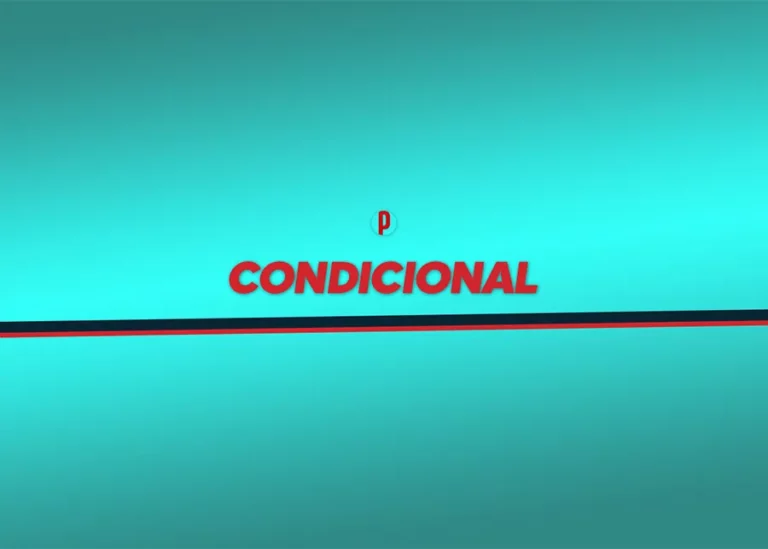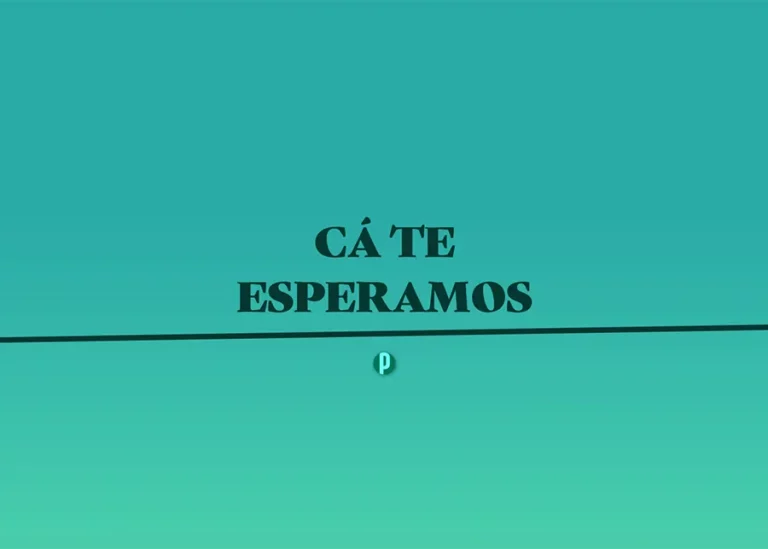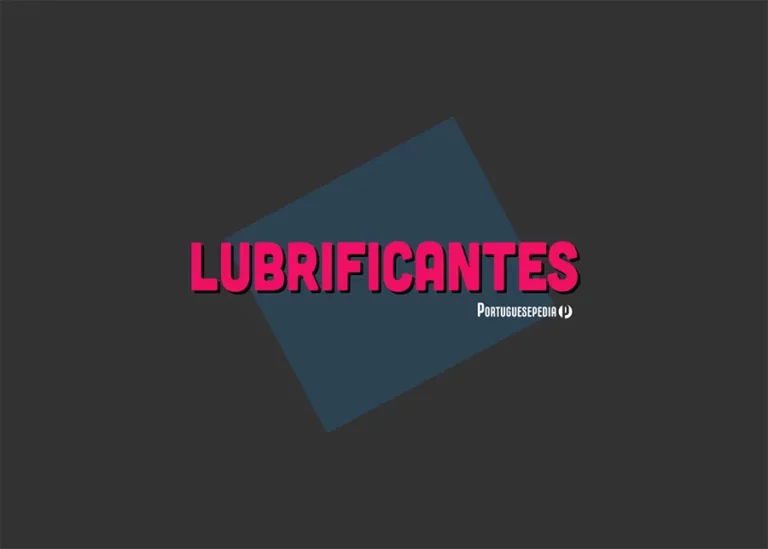
Conditional in Portuguese
In Portuguese, we use the Conditional tense to express desire, talk about unreal scenarios, or convey politeness. As you’ll soon see, however, the Imperfect tense (Pretérito Imperfeito)…

Relocating to Portugal: Your Essential Guide for a Smooth Move
Relocating to Portugal? This guide provides a comprehensive overview of the key factors to consider, ensuring a smooth transition to your new life there. Let’s dive in.…

Portuguese Tongue Twisters to Improve Your Pronunciation Skills
Portuguese tongue twisters are a great way to work on your tongue’s muscle memory and improve your pronunciation skills. Put another way, tongue twisters help you overcome…

Portuguese Perfect vs. Imperfect Tense: Know When to Use Either
The Portuguese Perfect and Imperfect past tenses (aka Pretérito Perfeito and Pretérito Imperfeito in Portuguese) are often a headache for language learners whose native tongue doesn’t make…

Portuguese Past Subjunctive (Imperfeito do Conjuntivo)
The Subjunctive mood is often a source of much whining and moaning among Portuguese language learners – so many conjugations one must keep track of! We have…

Para vs. Por in Portuguese – When to Use Either
Language learners often get confused by the Portuguese prepositions para and por. While it is true that both are prepositions of movement, we use them under different…

Portuguese Conjunctions – All You Need to Know
Without conjunctions, we would sound rather clumsy and inarticulate: I like apples. I like pears. I don’t like bananas. No one speaks like that. In avoiding the…

“Como” in Portuguese – More Than Just a Question Word
The Portuguese word Como is way more than just a question word. In fact, I can think of 4 other ways of using Como! Let’s take a…

Top 10 Apps to Learn Portuguese
Learning a new language is often an exciting and rewarding experience. If you are starting to learn Portuguese, you’re in for a treat. Whether you’re planning travel…

Portuguese-Spanish Cognates
Being already familiar with Spanish while learning Portuguese is a huge advantage – these languages are closely related and share thousands of cognate words. Wondering about what…

Common Portuguese Filler Words
Everyone should learn Portuguese filler words. Why? Often overlooked, filler expressions play a crucial role in communication – they work as a linguistic glue to articulate ideas…

Spanish-Portuguese False Friends to Keep an Eye Out For
Spanish and Portuguese are both Romance languages sharing the same Latin root. As a result, there are thousands of Spanish and Portuguese words that look and sound…

What Are Good Reads to Learn Portuguese and How to Make the Most Out of It
Are you looking for reads like short stories to help you develop your Portuguese skills? Sure. It is more fun (and often more effective) to learn a…

Learning Portuguese: Do I Need to Become a Grammar Geek?
Do you need to become a grammar guru to speak Portuguese fluently? Here’s the truth: There’s no one-size-fits-all answer! Ultimately, the best way to learn Portuguese is…

Portuguese Question Words
Intrepid language learners start using Portuguese nearly from day one. I love the attitude and hope you are one of them. Besides bravery, to keep conversations going…

Portuguese Verb Tenses and Moods Explained: A Usage Rundown Anchored to English
With so many conjugations, Portuguese verbs are a hard-to-chew bit for anyone learning the language, especially for those not acquainted with any Romance language from before. Now,…

Portuguese Grammar: A Beginners Guide
Here's an introduction to Portuguese grammar for beginners. Plain and easy.

Portuguese Possessive Pronouns and Determiners
Portuguese possessive pronouns and determiners indicate possession. In English, these are words like my, your, his, her, our, their (possessive determiners) and mine, yours, his, hers, ours, theirs (possessive pronouns). Possessive pronouns and determiners…
